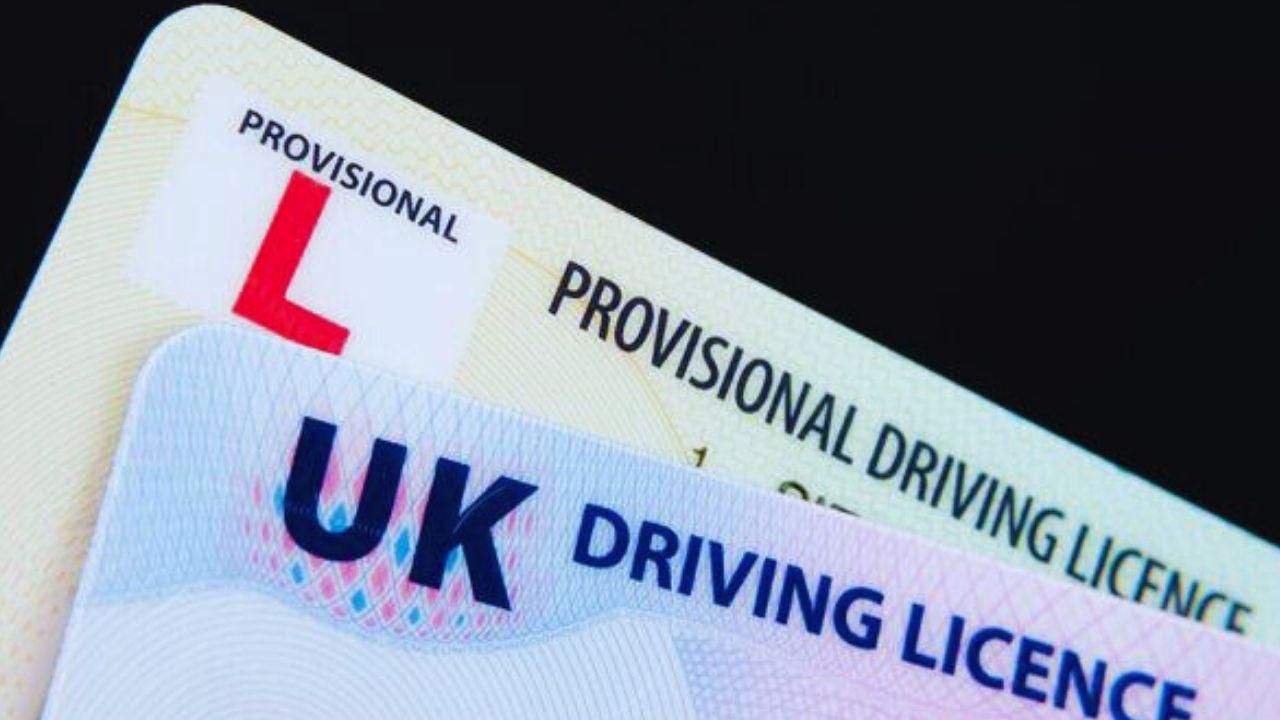A little-known DVLA rule puts millions of drivers in the UK at risk of losing their licenses.
In the UK, almost 4.4 million people have diabetes, a chronic illness caused by insufficient insulin production in the body.
Fatigue, changes in vision, and eventually major health issues like heart disease can all be caused by diabetes.
Although not every road user with the disease will have to give up their licence, individuals are asked to "stop driving" under certain conditions.
Motorists could be breaking the rules by keeping a diagnosis to themselves with DVLA officials requiring an update as soon as possible.
Diabetes UK commented: "They look at your fitness to drive based on how you treat your diabetes and if you have any diabetes complications.
"It's really important that you follow these rules as soon as they start applying to you. For example, you should stop driving and contact the DVLA as soon as you find out you have to take insulin for the long term or if you start to develop complications. If you don't, you're breaking the law.
"In all cases, if you have one severe hypo at the wheel you must stop driving and tell the DVLA straight away."
After contacting the DVLA, officials will determine whether an individual is still safe to get behind the wheel.
If they are considered a danger, a driving licence will be taken away but individuals can reapply at a later date.
GOV.UK has warned road users could be fined up to £1,000 for failing to tell the DVLA about any medical conditions which impact their driving ability.
Motorists could face stricter punishments if they are involved in an accident.
Greg Wilson, founder and CEO of car insurance experts Quotezone.co.uk stressed diabetes can cause "drowsiness" in a major concern.
He said: "Both type 1 and type 2 diabetes cause health complications which can impact reaction times and judgement, especially hypoglycaemia which can often cause drowsiness or impacted vision.
"Although this is not a health condition which means you won't be able to drive at all, it is important the DVLA is informed."




.jpeg)



.svg)

